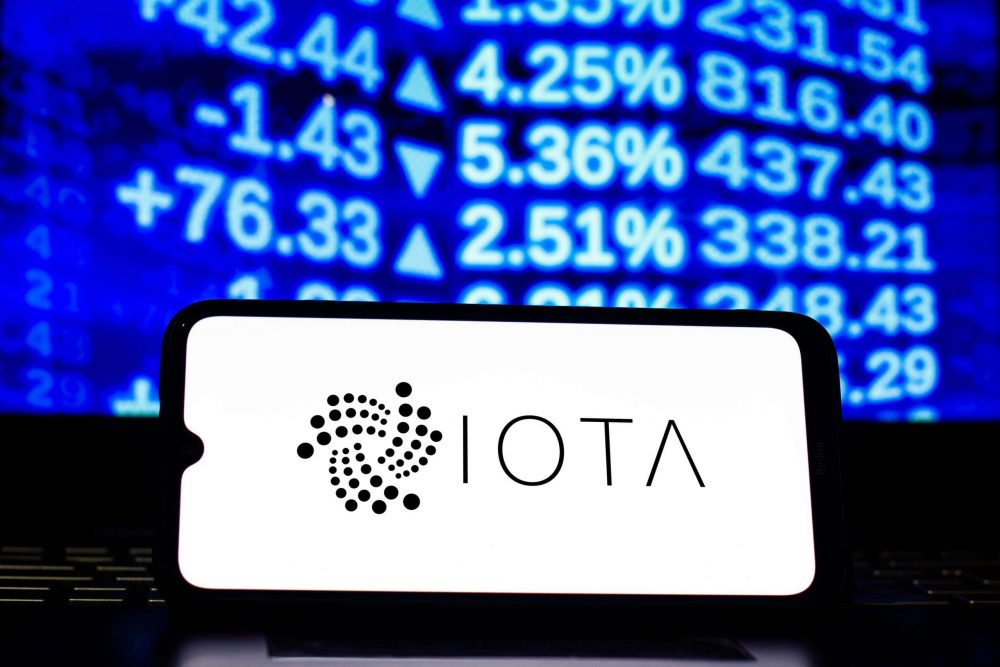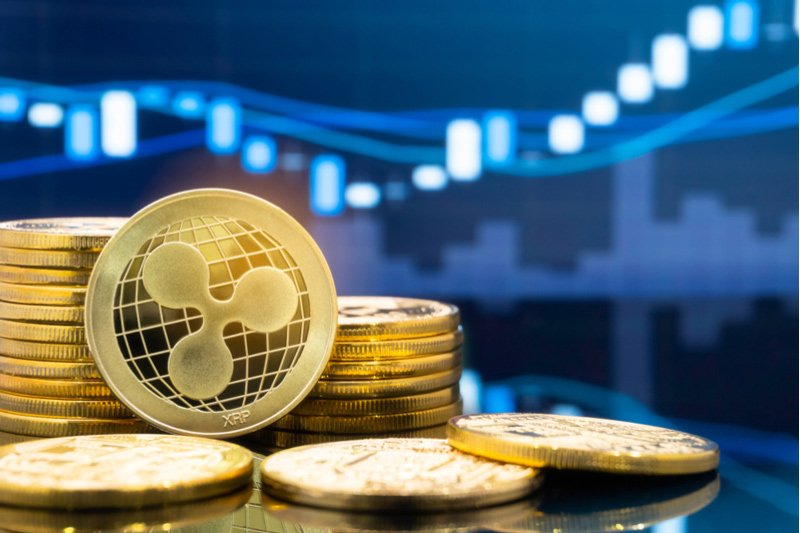The Spanish central bank is one of the last bodies to blame El Salvador for its decision to promote BTC to legal tender. Despite criticism, the central bank also notes that the country has done well in addressing the use of this asset for money laundering.
The main concerns of the Spanish central bank
The bank recently published a report for the general public entitled “The Role of Crypto Assets As Legal Tender: The Example Of El Salvador”. The report was issued by the Directorate-General for Operations, Markets and Payment Systems and signed by Sergion Gorjon.
The report states that as the first player in the market, some problems cannot be avoided and are part of natural risk. However, it also expresses concern about the lack of transparency in the whole effort. The report says that
“Another limiting factor was the opacity and lack of consensus with which the project was implemented.”
The lack of openness and unity of all major players means that the leading financial rating agencies have “agreed to revise El Salvador’s national credit rating downwards”, which will impair the country’s ability to obtain credit. It should be noted that in the weeks preceding the date of the adoption of the Bitcoin Act, there were protests against its adoption.
The Spanish central bank also criticized the technical means the government uses to promote adoption. The report states:
“El Salvador, where just over 50% of the population has access to the Internet and a market share of just 40% of smartphones, is at the bottom of the ranking of Central American countries in terms of the level of digital education.”
The Spanish central bank thus believes that digital literacy in the country has not reached the necessary level to enable the full introduction of BTC as a means of payment at national level.
Not only criticism, the bank also found words of appreciation
Although the International Monetary Fund (IMF), Vitalik Buterin and Nicolas Cary, co-founder of Blockchain.com, criticized the method of adoption, the Spanish bank sees bright moments throughout.
In its report, the Bank mentioned and appreciated the proactive measures the country is taking in relation to the possible use of BTC as a means of facilitating terrorism and money laundering. The presence of strong control mechanisms in place effectively ensures action against these problems and offers a way to deal with them.
How to Trade on Binance (2021)
- CryptoQuant Analyst: Bitcoin Nowhere Near Its Peak – Buckle Up, Hodlers! - December 21, 2024
- Chainalysis: $2.2 Billion Lost to Crypto Hacks in 2024 - December 21, 2024
- Bank of Japan leaves interest rate unchanged: Impact on the macroeconomy and the crypto market - December 20, 2024

















![Best Platforms for Copy Trading in [current_date format=Y] 19 Best Platforms for Copy Trading](https://cryptheory.org/wp-content/uploads/2024/12/copy-trading-120x86.jpg)






